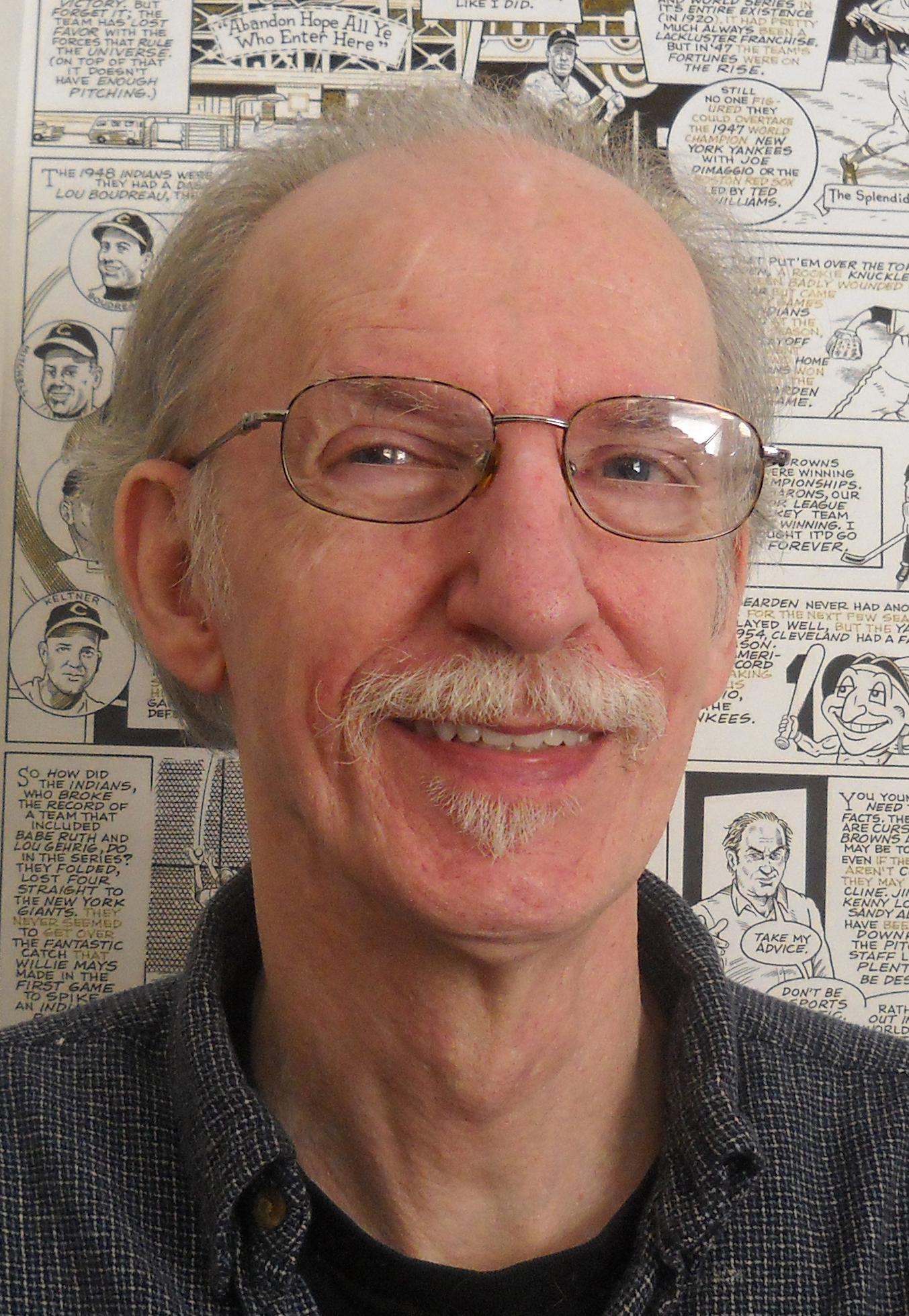Let's get something straight right now at the beginning of the story; Benjamin Braxton Beltran was NOT a simple, ordinary man. He was, in fact, a very complex and extraordinary man. It's ironic that the city of Cleveland, Ohio—a town forever flirting with true greatness—had failed so badly to recognize the greatest Clevelander it ever had, when it had him.
The yin-yang of Cleveland centers around water and always will. It's not just the quality of it; it's what living near the lake does to Clevelanders. Water is an omnipresent force. We are mainly made of it and so the lake is in us. It influences the weather and it inspires personal longings and spontaneous reflections. It also creates natural separations, borders, and boundaries. In Cleveland's example, the city is divided by a river that flows between two culturally different towns that are influenced and identified by what they have poured into it.
As for Beltran, it didn't matter how many Clevelands there were, because he wasn't welcome in any of them. It order to walk on America's Great White Way you had to be, well, for starters... white. All others had to take the streetcar, or more accurately, the back of the streetcar. That's just how it was for black people in the days of Jim Crow. They were on their own. Beltran had his own strategy for confronting a "separate but equal" America. He was the son of a slave and knew all too well that he'd been born at the wrong time. Working around societal barriers rather than fighting them head on had always been his plan for putting food on the table. He was an inventor who created devices that helped solve the everyday problems of people, regardless of their color. "Just as long as their money was green," he was fond of saying.
Brilliant and hard working, he had built businesses by leveraging his natural abilities as a mechanical engineer. His most famous creation was a device that one day, and in a most unlikely place, would turn him into a legend. Until that day arrived, he was a prolific genius who worked against intolerance and helped open the way for African-American entrepreneurship.
Beltran would often gaze at the lake and reflect on the unsolicited hatreds he had weathered throughout his life. He believed that it would've been easier for him to leave the earth under his own power and land on the moon, than to garner a heartfelt handshake from the next white person he met. It was an everyday problem in desperate need of solution that would forever resist his fertile imagination for invention.
















